Our Team
Learn more about our expertise in sharing and investigating the stories of climate disaster survivors.
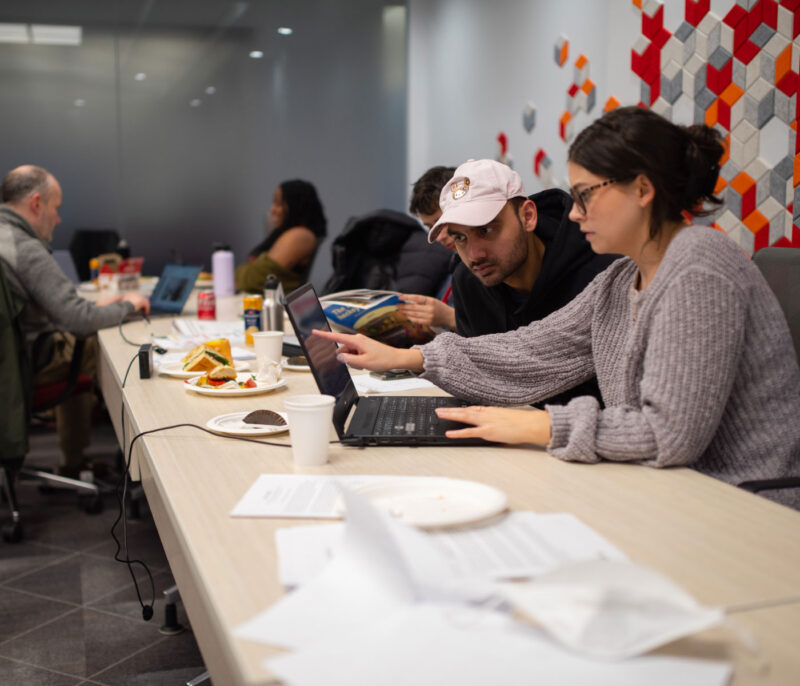
Project Members
Our team includes climate scientists, journalists, psychologists, social workers, public administration scholars, and climate disaster survivors.
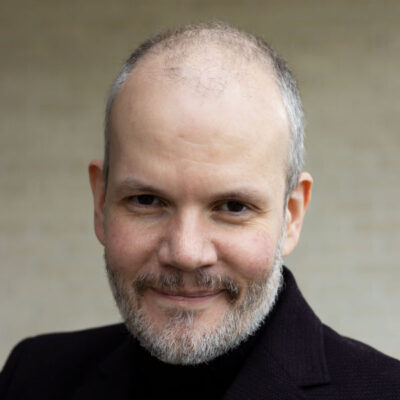
Sean Holman
Sean is the Wayne Crookes Professor of Environmental and Climate Journalism at the University of Victoria in Canada. Before entering academia, Sean was a documentarian and award-winning investigative journalist. His research focuses on how we use and misuse information against the backdrop of climate change and democratic decline.
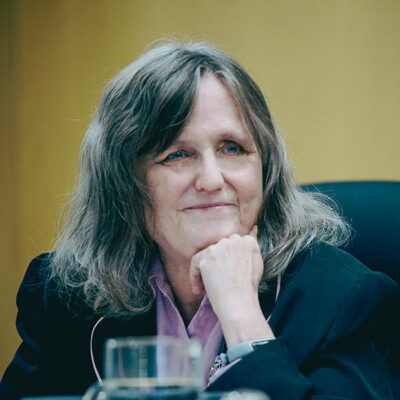
Dale Bass
Dale is a city councillor in Kamloops, Canada and former chair of the Canadian Association of Journalists. Her forty-five-year career in journalism included serving as a senior editor at the London Free Press and an associate editor at Kamloops This Week.
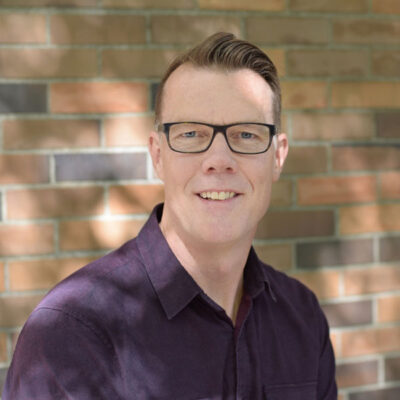
Tim Black
Tim is an Associate Professor of Educational Psychology at the University of Victoria in Canada who specializes in post-traumatic stress disorder and group counselling approaches. He is the co-founder and lead researcher of the Wounded Warriors Couples Overcoming PTSD Every Day program.
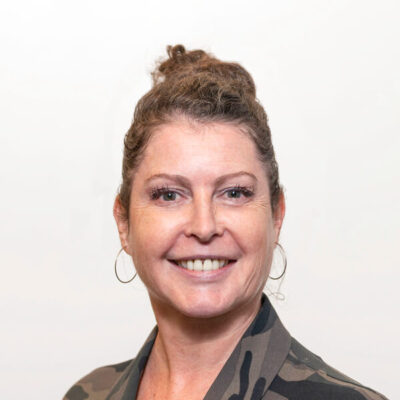
Erica Bulman
Erica is a journalist, newsroom leader, and instructor at Langara College who's reported both in Canada and internationally. In 2018, she led the launch of the Star Vancouver. Erica was also a European roving correspondent for The Associated Press's UN bureau, editor-in-chief for 24 hours Vancouver, and spearheaded the Olympic News Service for the Vancouver 2010 games.
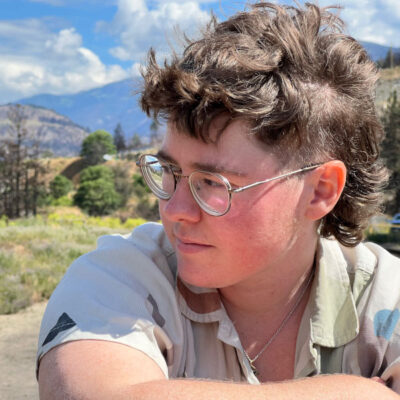
Aldyn Chwelos
Aldyn is a journalist whose writing has appeared in Canadian Geographic, Hakai Magazine, and The Tyee. A former full stack developer, they've contributed to community-designed tech projects.
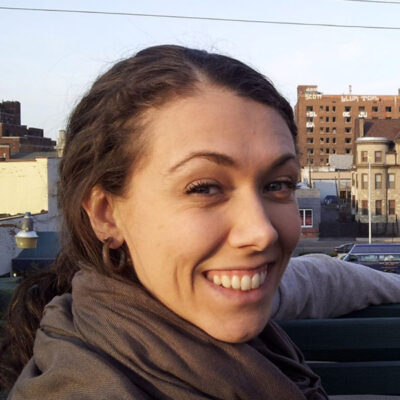
Terra Ciolfe
Terra is a Professor of Journalism at Humber College. She is a data journalist, having worked for The Globe and Mail, CBC, Maclean’s, and The Canadian Press.
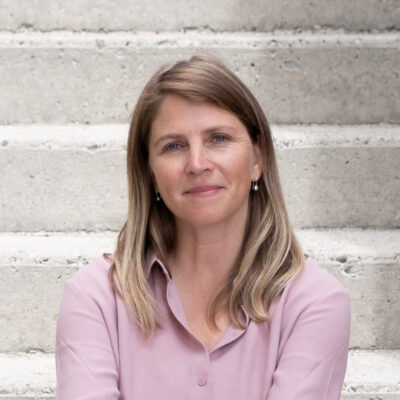
Jennifer Chrumka
Jennifer is a journalism instructor at Thompson Rivers University in Kamloops, B.C. She’s an award-winning journalist with CBC radio where she’s produced long-form documentaries for The Current, The Sunday Magazine and Unreserved. She’s also a freelance writer and has been published in The Globe and Mail, The Tyee and on the CBC website.
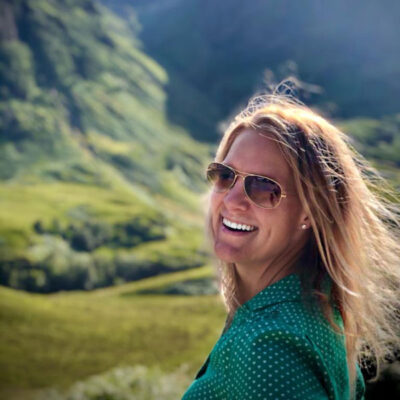
Sandra Engstrom
Sandra is a Lecturer in Social Work at the University of Stirling in Scotland. Her research centres on community resilience as well as the role of social work in combating the climate crisis, such as the emotionality of climate change. Engstrom is co-lead of the Extreme Events research group.
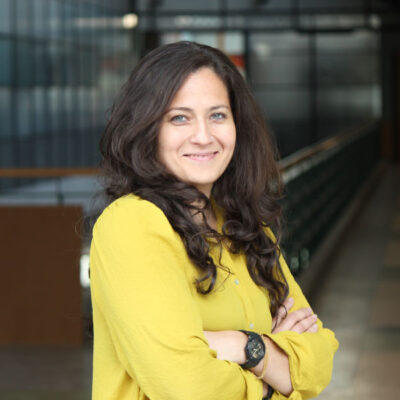
Sonya Fatah
Sonya is an Assistant Professor of Journalism at Toronto Metropolitan University. She is the founder of stitched!, a research, teaching and practice lab at The Creative School focused on the development and expansion of community-based live journalism models. She was an international reporter, covering South Asia for Canadian and U.S. publications.
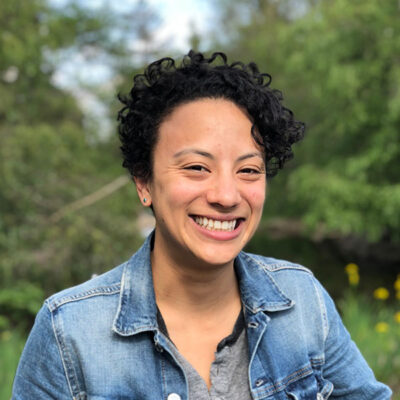
Francesca Fionda
Francesca is The Narwhal's mining reporter, as well as an Adjunct Professor of Journalism at the University of British Columbia in Canada. She was awarded the first ever Lieutenant Governor’s BC Journalism Fellowship for an in-depth project looking at the challenges of people who have been evacuated because of climate disasters.
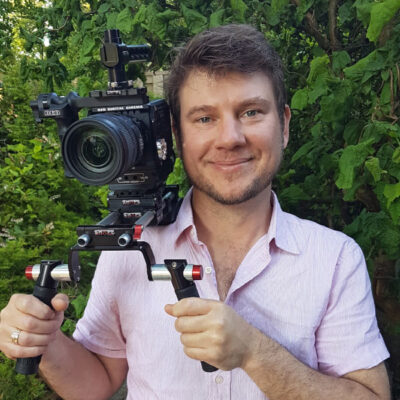
Damien Gillis
Damien is a documentary filmmaker, media producer, and journalist. He co-directed and produced the feature documentary Fractured Land, as well as producing the immersive dome projection films Sanctuary: The Dakota Bear Ancient Forest Experience. His writing has appeared in The New York Times, The Tyee, and The Narwhal.
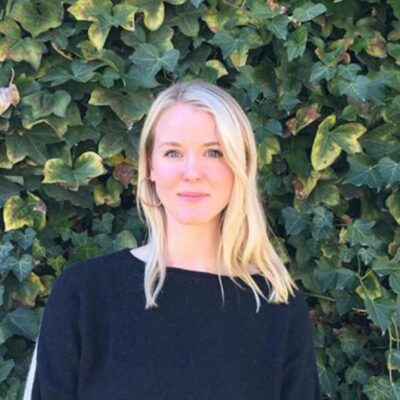
Julia Kidder
Julia is a doctoral student at the University of British Columbia in Canada where she is studying coastal adaptation and indigenous governance. She has been published in The Guardian, the Globe and Mail, and VICE. Together with Lo Fi Dance Theory, Julia has created films, panel discussions, installations, and performances.
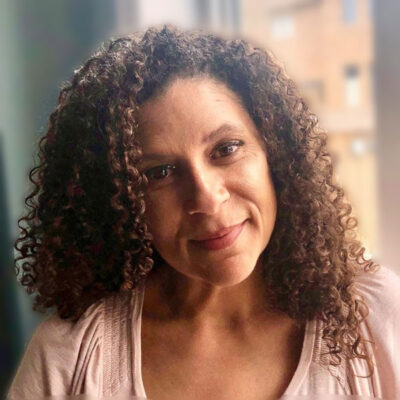
Lara King
Lara is a program coordinator and Professor of Journalism at Humber College in Toronto, Canada. She teaches long form, research and data journalism and design. Her teaching has turned out award-winning projects and publications, including the Canadian Association of Journalists Data Journalism Award for a national tainted water investigation.
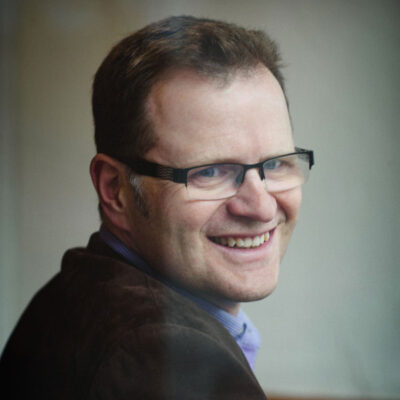
David Leach
David is a Professor of Writing and Director of the Digital Storytelling & Social Simulation Lab at the University of Victoria in Canada. He is a former magazine editor and author of Fatal Tide and Chasing Utopia. David teaches courses in creative nonfiction, interactive narrative, and memory and the creativity process.
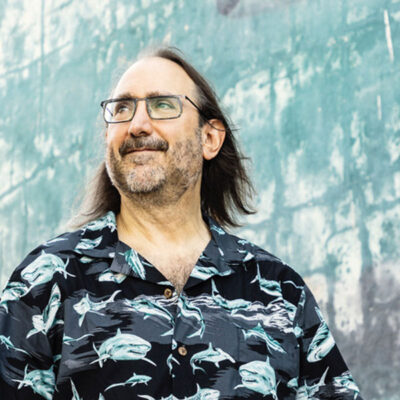
Mark Leiren-Young
Mark is an Adjunct Professor of Writing at the University of Victoria in Canada. He is a playwright, author, journalist, screenwriter, filmmaker, and performer. He hosts the Skaana podcast and interviews experts from around the world on eco-ethics, protecting oceans, and marine life, with a focus on whales.
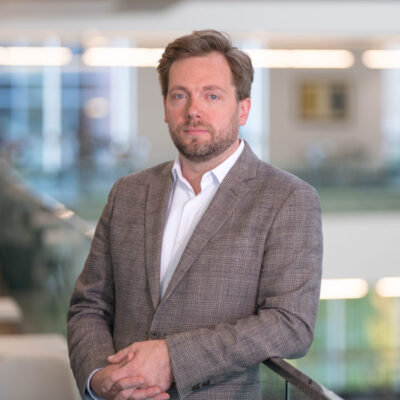
Steve Lillebuen
Steve is an Assistant Professor of Journalism at MacEwan University in Canada. He was an Australian Associated Press reporter and chief staff, a Canadian Press reporter, a Edmonton Journal staff writer, and a digital journalist for The Age. His research interests include literary journalism, media ethics, and true crime.
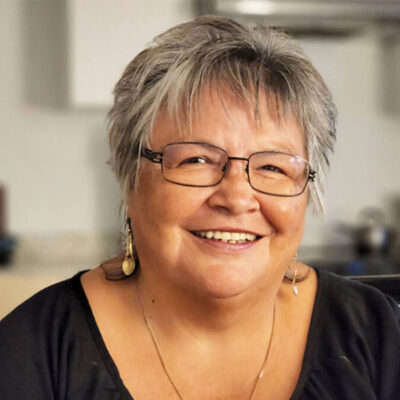
Edith Loring-Kuhanga
Edith is from the House of Gwininitxw, Gitxsan Nation and was school administrator of the Stein Valley Nlakapamux School in Canada. She served as a trustee for School District 61 for six years where she championed suicide prevention programs and requiring graduates to take a course in residential school history.
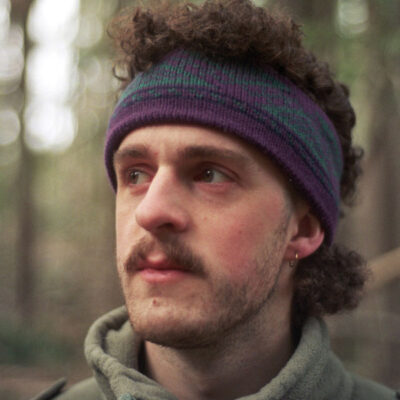
Phil McLachlan
Phil is a photojournalist whose past clients include Reuters, AFP, IndigiNews, and The Discourse. He has been nominated and won in the categories of photojournalism, community reporting and news coverage in the Canadian Online Publishing Awards, the Jack Webster Awards, and the Canadian Community Newspaper Awards.
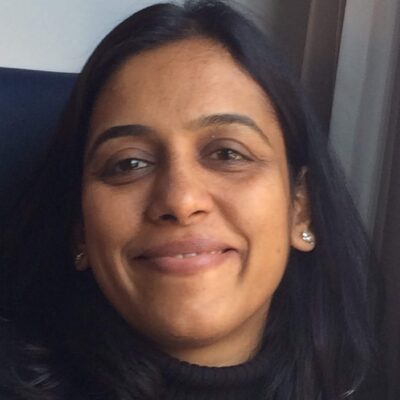
Anuradha Nagaraj
Anuradha is a journalist, academic and founder of The Migration Story, India’s first newsroom that reports on the country’s migrant population. She is a Bengaluru-based independent journalist and reports on labour rights, climate change and just transition. She has spent nearly three decades reporting on a range of issues across India. Anuradha started her career at The Indian Express newspaper as a reporter and rose to be the city editor of its Delhi edition. She also covered the Indian sub-continent for German news agency, Deutsche Presse Agentur, and Thomson Reuters Foundation. She is the winner of the 2018 Ulrich Wickert International Award for reporting on child rights. A certified media trainer, she conducts workshops on reporting and writing for journalists and civil society groups. She teaches in the undergraduate and post graduate programmes at the Azim Premji University in Bengaluru.
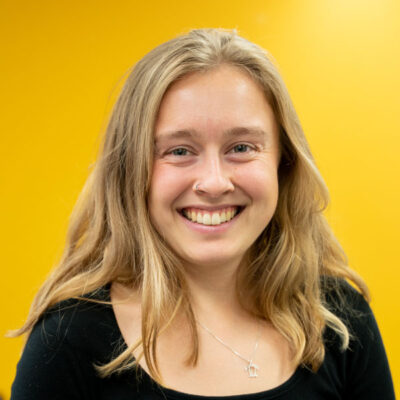
Pippa Norman
Pippa is an environment reporter who writes solutions-centred stories about the impact of climate change. She has written for the Globe and Mail, the National Observer, and Glacier Media. Her work has been nominated for a CAJ and NNA award. Pippa was an editor at The Charlatan, Carleton University’s independent student newspaper.
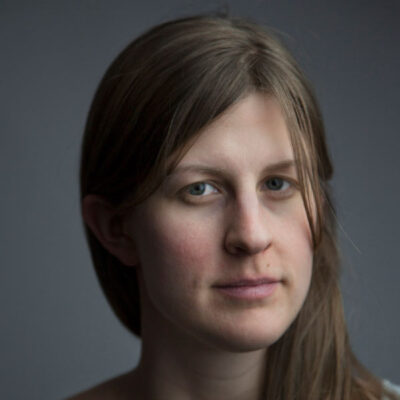
Jen Osborne
Jen is a photographer and videographer who has published and exhibited internationally. Her career started in 2007 at Fabrica’s COLORS Magazine and her work has appeared in Maclean’s, Stern, The Sunday Times, GQ, Mother Jones, Vice, Esquire, Vanity Fair Italy, The Globe and Mail, and The New York Times.
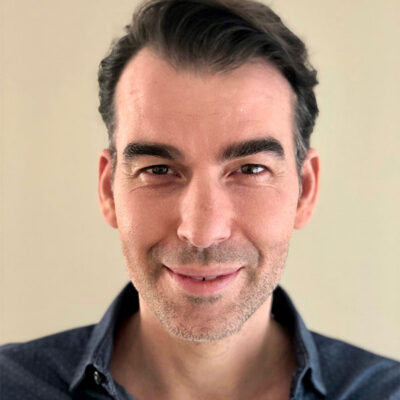
Neil Ever Osborne
Neil is an Assistant Professor at Trent University in the School of the Environment. His research examines climate change communication and environmental storytelling efficacy as a means to foster a more sustainable and equitable world where our collective well-being is at heart.
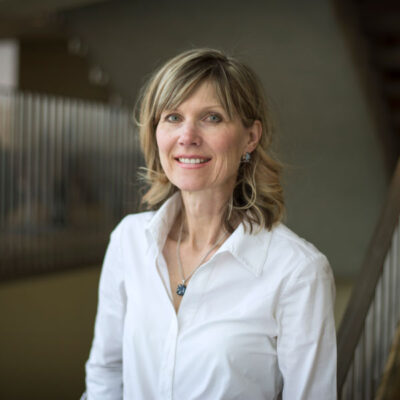
Janice Paskey
Janice is an Associate Professor of Journalism at Mount Royal University in Canada. She was past editor of Calgary’s Avenue magazine, as well as the Chronicle of Higher Education’s Canadian correspondent. Her research interests include environmental regulatory offences, student publishing, and health journalism.
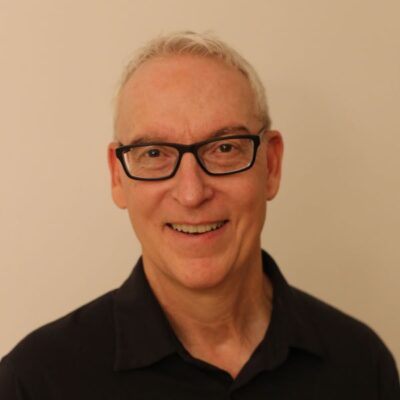
Darren Schuettler
Darren is a former Reuters journalist who worked in leadership roles at the international news agency for 26 years. This included stints as Southern Africa deputy bureau chief, Thailand bureau chief and Asia training editor. He is now a training consultant with the Thomson Reuters Foundation in Singapore.
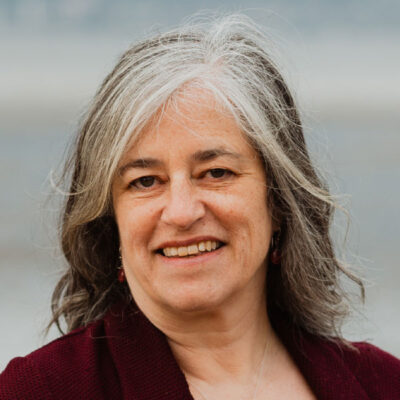
Tracy Sherlock
Tracy is a journalism instructor at Kwantlen University in Canada who has written for The New York Times, the Vancouver Courier, Canada’s National Observer, and the Vancouver Sun. She has received the Jack Webster Award and a citation of merit for the Michener Award.
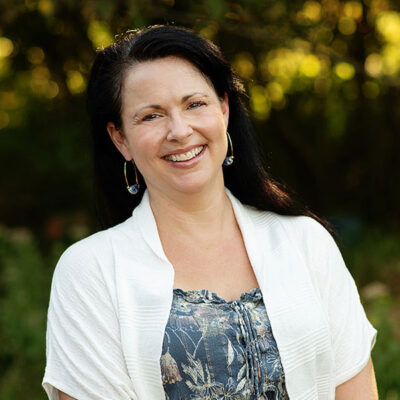
Michelle Superle
Michelle is an Associate Professor of English at the University of the Fraser Valley in Canada. Her research interests include the connection between people, animals, and the environment. Superle’s Flood Stories Project invited farmers affected by the 2021 Southern British Columbia flooding to share their experiences in spoken, written, and artistic formats.
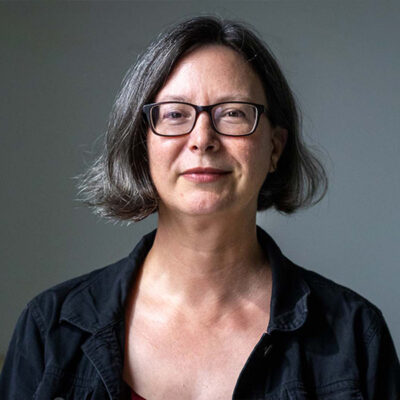
Terra Tailleur
Terra is an Assistant Professor of Journalism at the University of King’s College in Canada where she’s editor of the award-winning news site The Signal. A former Canadian Broadcasting Corp. journalist, she spent nearly 20 years in newsrooms, including two years above the Arctic Circle crafting news reports and documentaries.
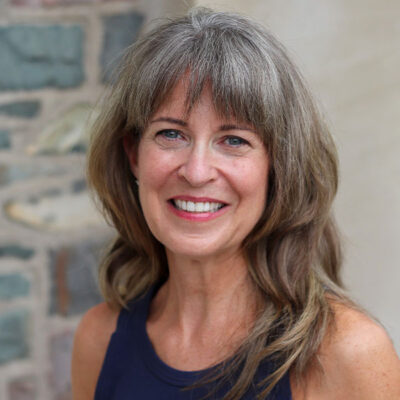
Lisa Taylor
Lisa is an Associate Professor of Journalism at Toronto Metropolitan University in Canada. A former lawyer and Canadian Broadcasting Corp. journalist, her research interests include state impediments to journalists’ freedom of expression and access to information.
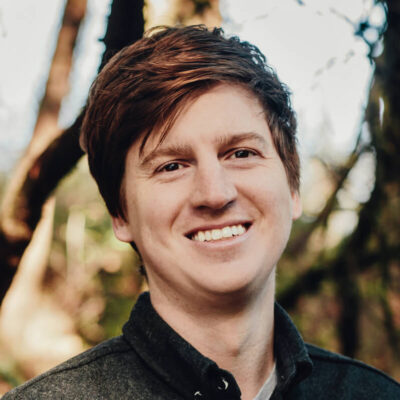
Jimmy Thompson
Jimmy is a Victoria, BC-based journalist and journalism teacher working in print, audio and video, and specializing in stories about how communities interact with their environments. His work has been published in all of Canada’s national newspapers, plus others including The Guardian, The Walrus, The Narwhal and CBC.
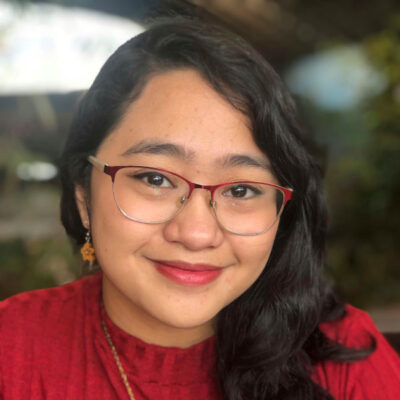
Jhesset Thrina Enano
Jhesset is a freelance environmental and climate journalist based in Manila, Philippines whose stories and photos have been published in The Washington Post, National Geographic, Al Jazeera English, and the Philippine Daily Inquirer, Rappler, and GMA News Online. She teaches environmental journalism at the University of the Philippines Diliman.
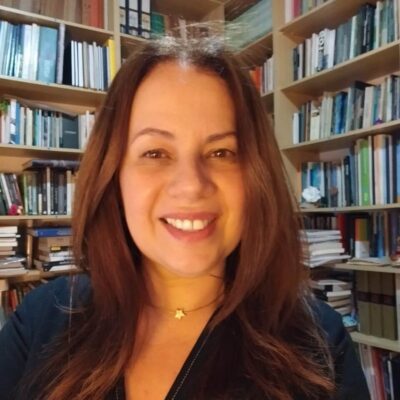
Cilene Victor
Cilene is a professor in the communication and religious studies programs at the Methodist University of São Paulo, where she leads the Humanitarian Journalism and Media Interventions (HumanizaCom) research group. She investigates the many faces of humanitarian crises driven by disasters, climate change, and wars, through the lens of risk communication, humanitarian and peace journalism, and media interventions.

Andrew Weaver
Andrew was a lead author in four Intergovernmental Panel on Climate Change assessment reports. He is a Professor in Earth and Ocean Sciences at the University of Victoria in Canada, former leader of the BC Green Party, and author of two books on climate change.
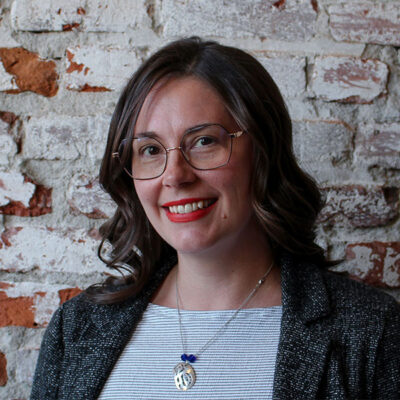
Sarah Marie Wiebe
Sarah is an Assistant Professor of Public Administration at the University of Victoria in Canada and co-founder of the Feminist Environmental Research Network Collaborative. Her research interests are at the intersection of environmental justice and citizenship engagement, recently focusing on extreme heat exposure in Victoria’s Capital Regional District.
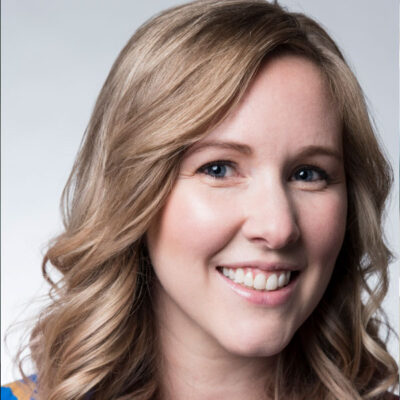
Meg Wilcox
Meg is an Assistant Professor of Journalism at Mount Royal University in Canada and co-director of its Community Podcasting Initiative, which promotes podcasting as a way to amplify underrepresented voices. Her journalistic credits include iPolitics, CTV Ottawa, CKUA, Banff Centre Radio, and CBC Radio.